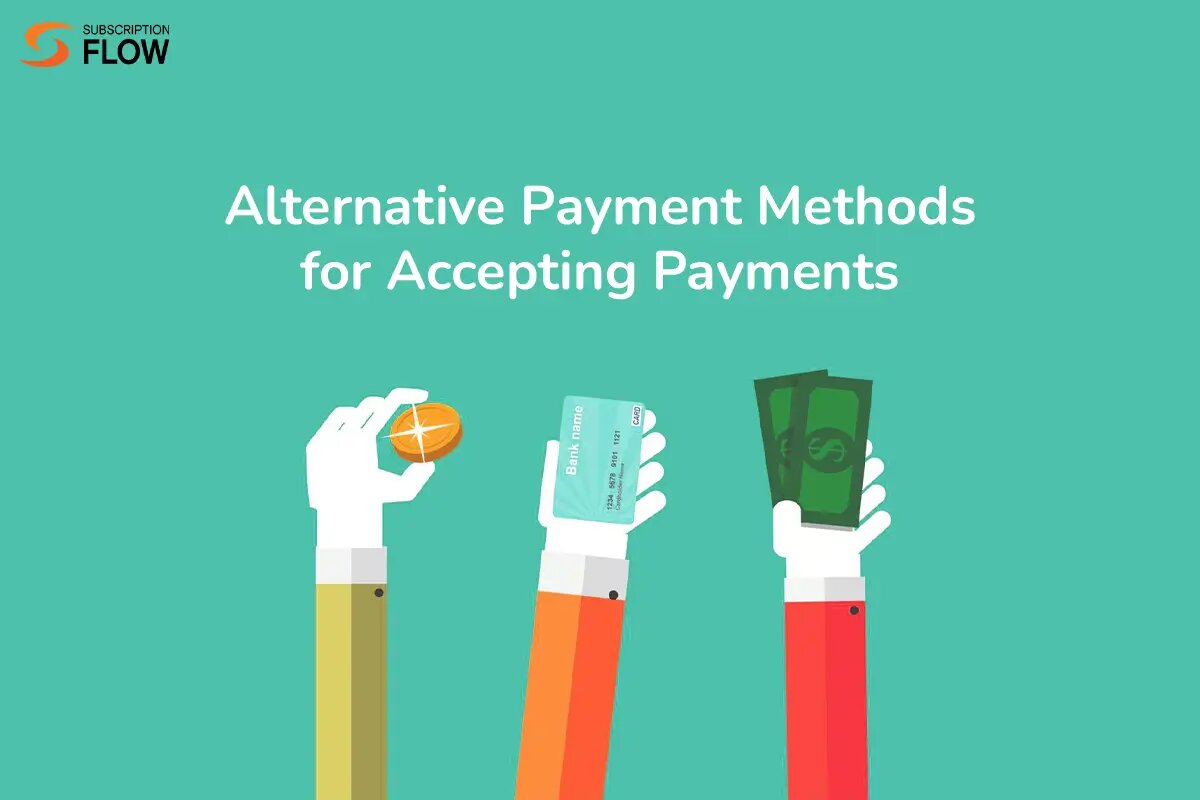In today’s fast-paced, digital-first economy, businesses need to offer more than just traditional payment options to stay competitive. Customers are increasingly seeking flexible, secure, and convenient ways to pay. This shift is driving the adoption of alternative payment methods that cater to diverse preferences and global markets. In this blog, we’ll explore some of the most popular alternative payment methods and how they can benefit your business.
The Rise of Alternative Payment Methods
The global payment landscape has evolved dramatically over the past decade. Credit cards and cash, once the dominant forms of payment, are now just part of a much larger ecosystem. From mobile wallets to cryptocurrencies, the demand for alternative payment methods has surged, driven by factors such as:
- Technological advancements: Innovations like blockchain, mobile payment apps, and digital banking have made it easier to develop and adopt new payment solutions.
- Consumer preferences: Millennials and Gen Z prefer digital-first experiences, including how they pay for goods and services.
- Global commerce: As businesses expand internationally, the need to accept local payment methods becomes crucial to capturing market share.
Popular Alternative Payment Methods
Let’s dive into some of the most popular alternative payment methods that businesses can adopt to enhance the customer experience and boost sales.
1. Mobile Wallets
Mobile wallets like Apple Pay, Google Pay, and Samsung Pay allow customers to make payments using their smartphones. These wallets store credit, debit, and even loyalty cards, making transactions quick and secure. The growing adoption of mobile wallets, particularly in regions like Asia and Europe, makes them a must-have for businesses looking to tap into these markets.
Benefits:
- Speed: Transactions are completed with just a tap, reducing checkout times.
- Security: Mobile wallets use tokenization, reducing the risk of fraud.
- Convenience: Customers can leave their physical wallets at home and still make purchases.
2. Buy Now, Pay Later (BNPL)
BNPL services like Klarna, Afterpay, and Affirm have gained immense popularity, especially among younger consumers. These platforms allow customers to split their purchases into interest-free installments, making higher-priced items more accessible.
Benefits:
- Increased sales: Customers are more likely to complete a purchase when they can pay in installments.
- Loyalty: BNPL options can increase customer loyalty by providing flexible payment solutions.
- Cash flow: Businesses receive full payment upfront while the BNPL provider handles the installment process.
3. Cryptocurrencies
Cryptocurrencies like Bitcoin, Ethereum, and stablecoins have emerged as a viable payment method, especially in tech-savvy markets. While still in the early stages of mainstream adoption, accepting cryptocurrencies can position your business as forward-thinking and innovative.
Benefits:
- Global reach: Cryptocurrencies are not tied to any one country, making them ideal for international transactions.
- Lower fees: Crypto transactions often come with lower processing fees compared to credit cards.
- Security: Blockchain technology ensures secure and transparent transactions.
4. Bank Transfers and Direct Debits
Bank transfers and direct debits offer a simple and cost-effective way for customers to make payments directly from their bank accounts. This method is particularly popular in Europe, where systems like SEPA (Single Euro Payments Area) facilitate cross-border payments within the region.
Benefits:
- Low cost: Bank transfers typically incur lower fees compared to card payments.
- Reliability: Direct debits are a trusted and familiar payment method for many consumers.
- Recurring payments: Ideal for subscription-based businesses, as customers can set up automatic payments.
5. Digital Payment Platforms
Digital payment platforms like PayPal, Stripe, and Square offer versatile payment solutions that support a wide range of currencies and payment methods. These platforms are particularly useful for online businesses, providing a seamless checkout experience.
Benefits:
- Flexibility: Accept payments from various sources, including credit cards, bank accounts, and mobile wallets.
- Ease of integration: Most digital payment platforms offer easy integration with e-commerce platforms.
- Trust: Brands like PayPal are widely recognized and trusted by consumers, which can boost conversion rates.
Why You Should Embrace Alternative Payment Methods
Adopting alternative payment methods is more than just keeping up with the times; it’s about meeting your customers where they are and providing the flexibility they demand. Here are a few reasons why your business should consider expanding its payment options:
- Expand your customer base: Offering diverse payment methods can attract new customers who prefer specific payment options.
- Reduce cart abandonment: A lack of preferred payment options is a leading cause of cart abandonment in e-commerce.
- Improve cash flow: Methods like BNPL can improve cash flow by ensuring you get paid upfront while customers pay over time.
- Enhance customer experience: Providing multiple payment options can lead to higher customer satisfaction and loyalty.
Conclusion
The world of payments is changing, and businesses that adapt to these changes will be better positioned to thrive in the competitive landscape. By embracing alternative payment methods, you can meet the needs of a diverse customer base, improve the shopping experience, and ultimately drive more sales. Whether you’re a small business or a global enterprise, it’s time to explore and implement these innovative payment solutions.
Ready to start accepting alternative payment methods? Explore the options and choose the ones that best fit your business needs and customer preferences. The future of payments is here—don’t get left behind.
